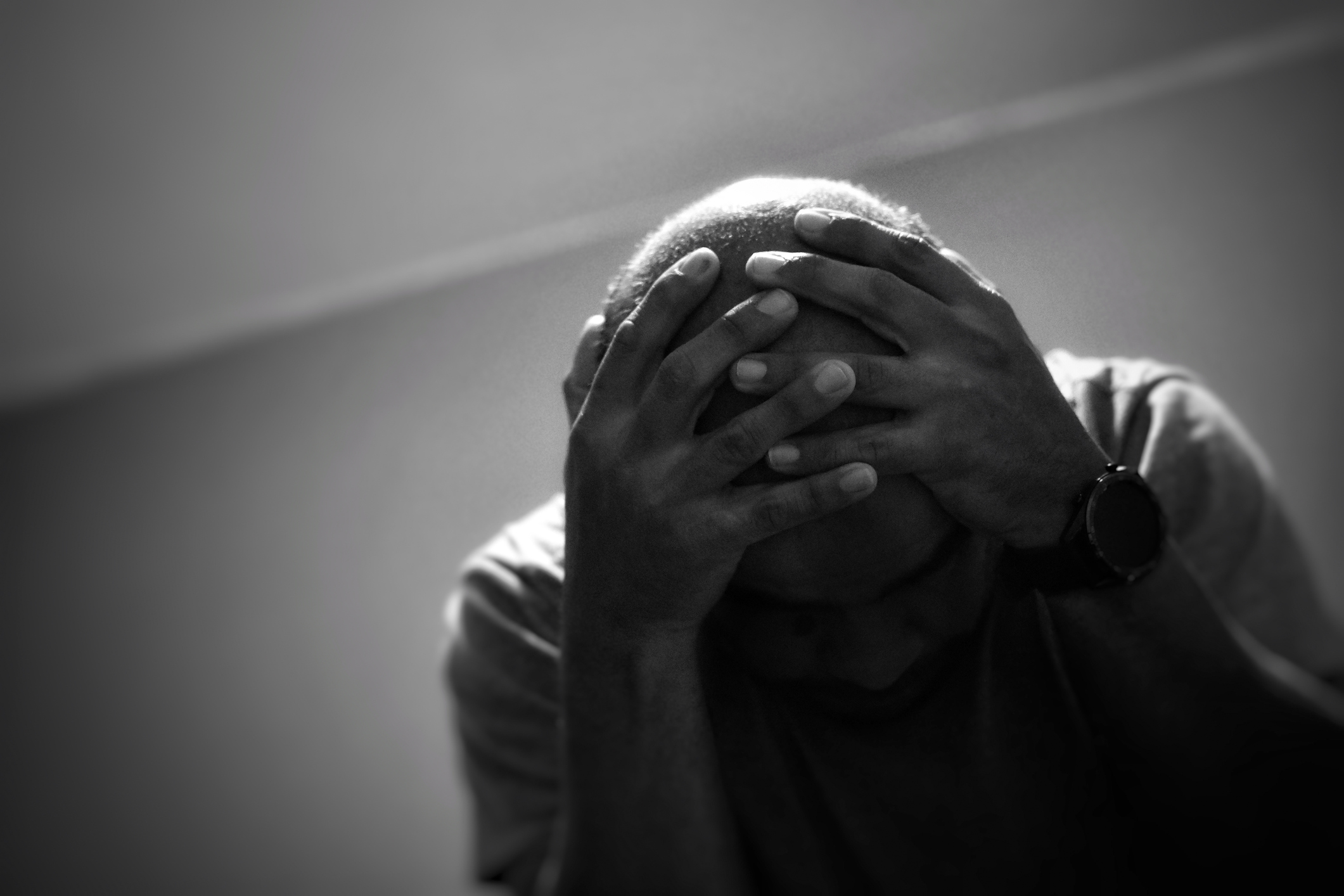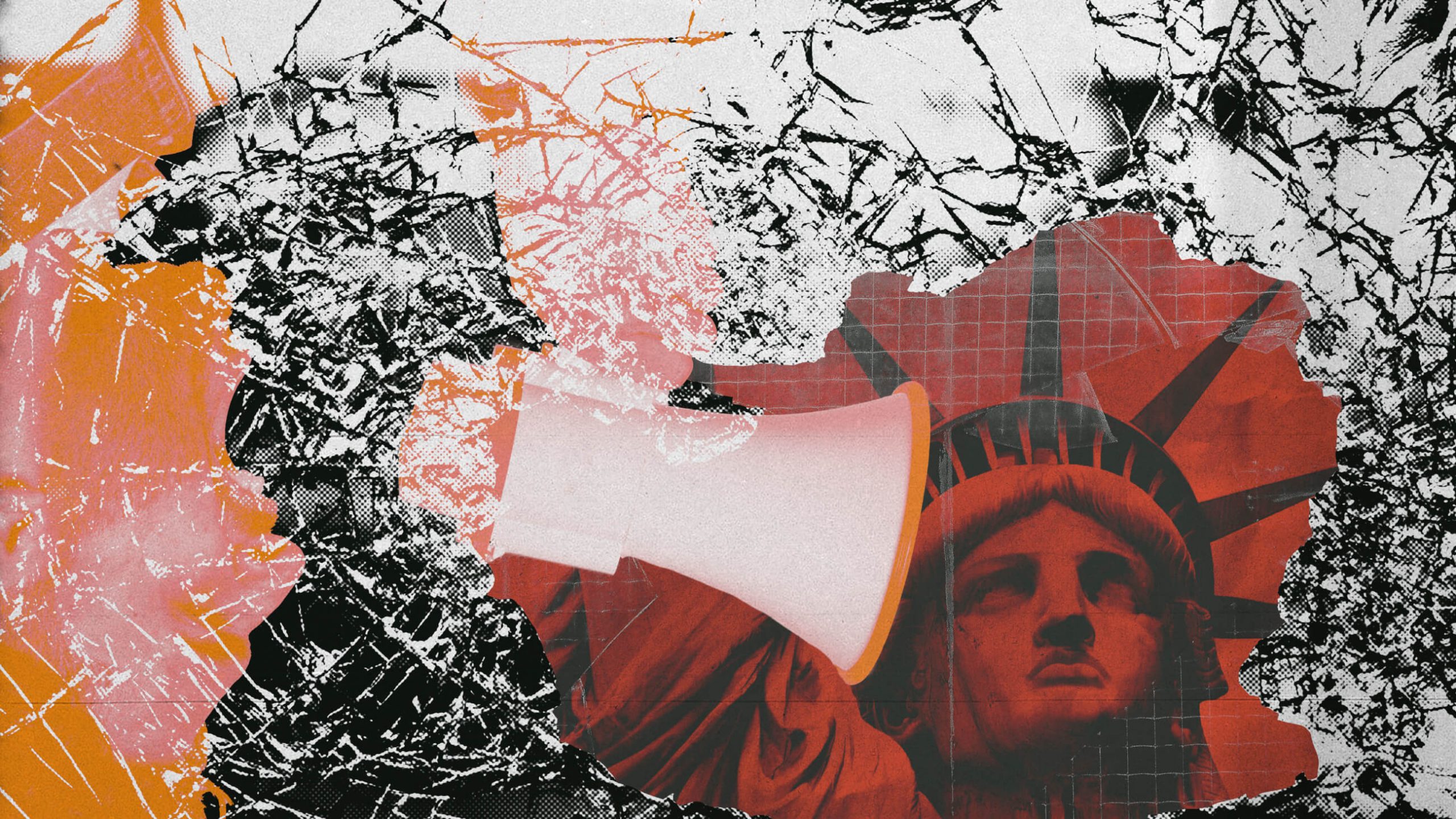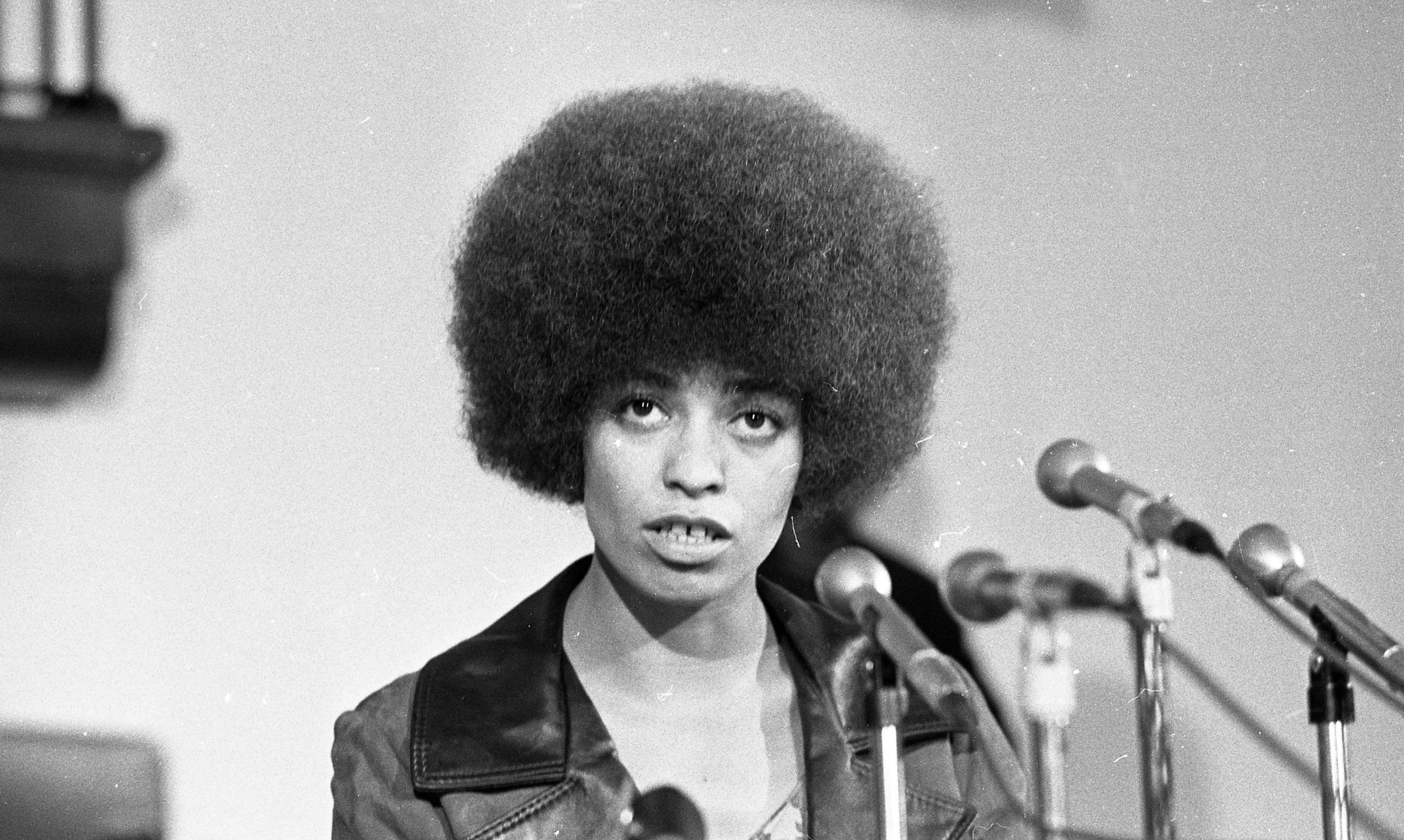Police must increasingly step in after civil society has failed.
Why Did Joshua Die?

How America’s biggest crisis killed my nephew.
On September 26, my family went to dinner to celebrate my mother-in-law’s birthday. We brought our nephew Joshua—her grandson—along with us. We had a nice meal then stopped for dessert. When I got home, I tweeted about the conversation I had with him. Three weeks later, he was dead. As one can imagine, the family is devastated; a happy, healthy young man struck down in the prime of his life. That pain is heightened by the way he died.
Joshua was riding his motorcycle with a friend on Sunday night. His friend—riding in the wrong direction—hit a car and left the scene. Joshua and the driver of the car got into a verbal altercation. The driver got out of the car and the two began to fight. Joshua rode away on his motorcycle. The driver then got back behind the wheel of his car and intentionally mowed my nephew down. While the investigation is ongoing, there is video of the altercation.
How could this happen? Why was Joshua’s friend riding in the wrong direction? Why did Joshua get into an argument with the driver of the car over an accident he wasn’t involved in? How did a minor fender bender lead to a fight and more importantly, what made the driver lose control and run a man down in cold blood? While the car was the tool used to end his life, Joshua was killed by America’s greatest crisis, one that most of us can see but the media rarely talks about. It is a cultural crisis.
Dealing with this crisis is difficult, but we are not even discussing the actual problem. There is no shortage of talk of crises, but the talk never seems to be about the things that are really doing us harm. There is incessant talk about the COVID-19 pandemic. While it is important, much of the conversation is centered around government power and how one segment of the population is “killing” the rest of us. Racism is another major crisis in the discourse. Recently, NYC joined Chicago, Milwaukee, Louisville, and other cities in declaring racism a “public health crisis.” No word on how they are going to fix racism, though they are removing a statue of Thomas Jefferson from the city council chambers.
Something deeper underlies all these phenomena: a roiling collapse in how we behave and what we tolerate—a crisis of conscience. We have lost a common sense of decency. We are quick to virtue signal about “justice” in the virtual world but spend the greater part of our day ignoring those who are truly in need. Recently a woman was raped on a train in Philadelphia. People held up their phones, but no one tried to help or even—with phone in hand—bothered to call 911.
We are increasingly narcissistic. We believe the world was made to bend to our will. When we are wronged—or we perceive we were—we will settle for nothing less than total social annihilation of the wrongdoer. We believe we have the right to decide if they can keep their career or be ostracized from society.
We are weak. We cannot be bothered to deal with things we do not like so anything that we deem offensive must be removed from society. However, if we like something, we should have the right to enjoy it, even if it offends others. This has led to an entertainment industry replete with debauchery, and if you happen to find that offensive, well too bad—that’s your problem.
Finally, we are losing our religion, without which it is difficult, if not impossible, for a society to maintain a collective moral standard. Standards must have foundations, and our once overwhelmingly shared Biblical foundations are crumbling away. As Charles Murray—an agnostic—told Jonathan Van Maren, “Without religion, there was simply no ‘intrinsic motivation’ for people to behave morally — and no definition for what constitutes moral behavior in the first place.”
As President Eisenhower famously put it, “our form of government has no sense unless it is founded in a deeply felt religious faith, and I don’t care what it is.” As a fast-growing share of Americans turn with worshipful devotion to post-Biblical creeds, that proposition is now being tested.
The unfolding crisis of conscience has given us a culture where people do what they want with little regard for consequences, which they regard as an injustice. Others assume that certain groups do not have the capacity to control their behavior, and thus hold them to a lower standard—a kind of sub-humanity.
We are living in the safest, wealthiest, most technologically advanced society with more opportunities than any society in human history and yet, by all logical accounts, we are failing at being decent human beings. I do not know what, if anything, will turn the tide, but I hope that we can get away from the things we disagree on long enough to see the humanity in our adversaries. If the guy driving that car saw my nephew as a human of value, odds are he would not have been able to take his life.
I write this as the family prepares for Joshua’s funeral. I don’t expect the world to stop at one untimely death, though we’ve known it to happen with the “right” kind of death. I do hope people will take a moment to consider that there are issues we face that are greater than the things that get the most attention, and that the physical, emotional, and economic toll this cultural crisis has on our society will only get worse if we continue to ignore it.
The American Mind presents a range of perspectives. Views are writers’ own and do not necessarily represent those of The Claremont Institute.
The American Mind is a publication of the Claremont Institute, a non-profit 501(c)(3) organization, dedicated to restoring the principles of the American Founding to their rightful, preeminent authority in our national life. Interested in supporting our work? Gifts to the Claremont Institute are tax-deductible.
Communists have been planning to topple America for a long time.
Retrieving our sacral humanity is the only defense against the cyborg vivarium.



